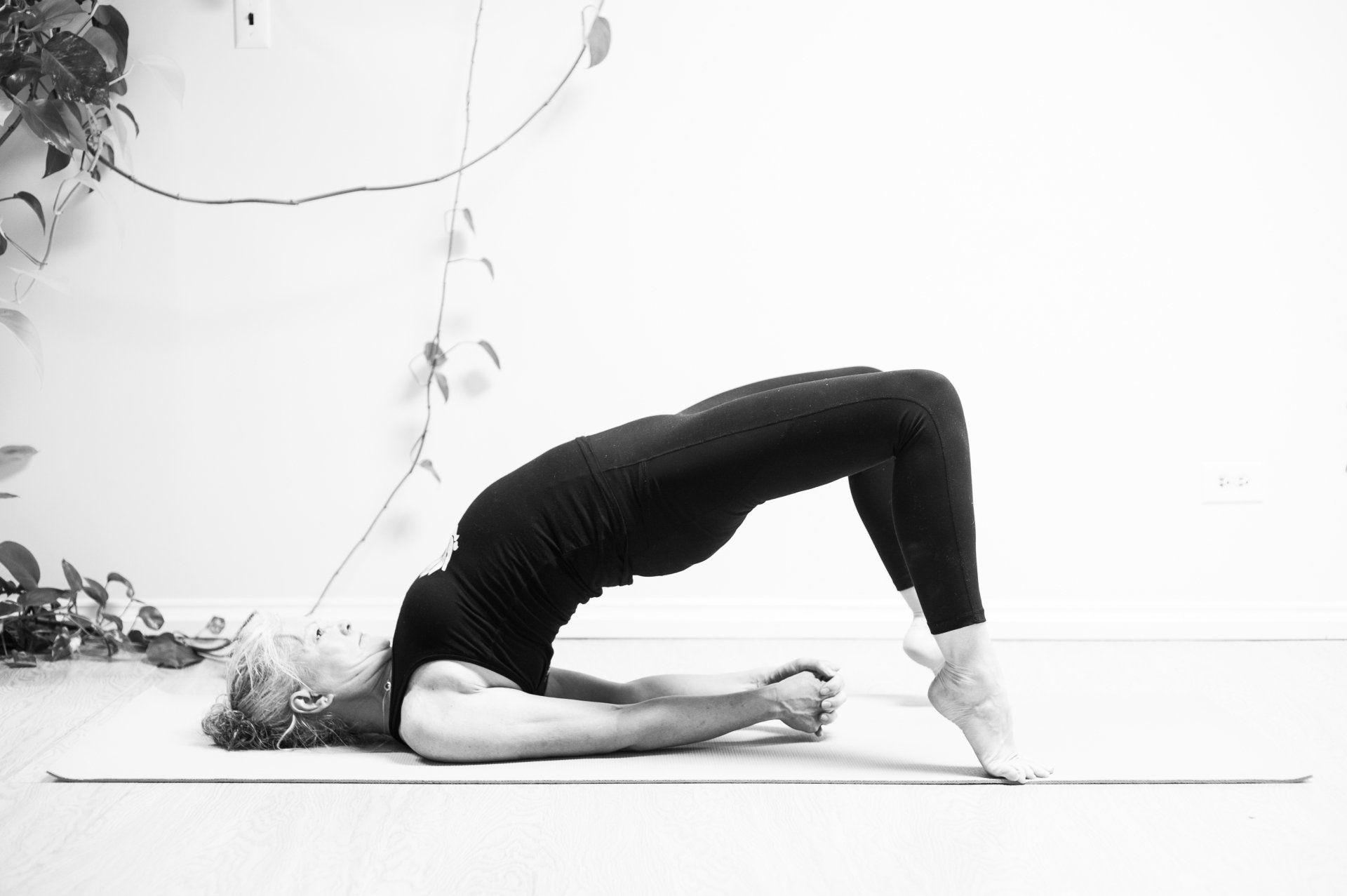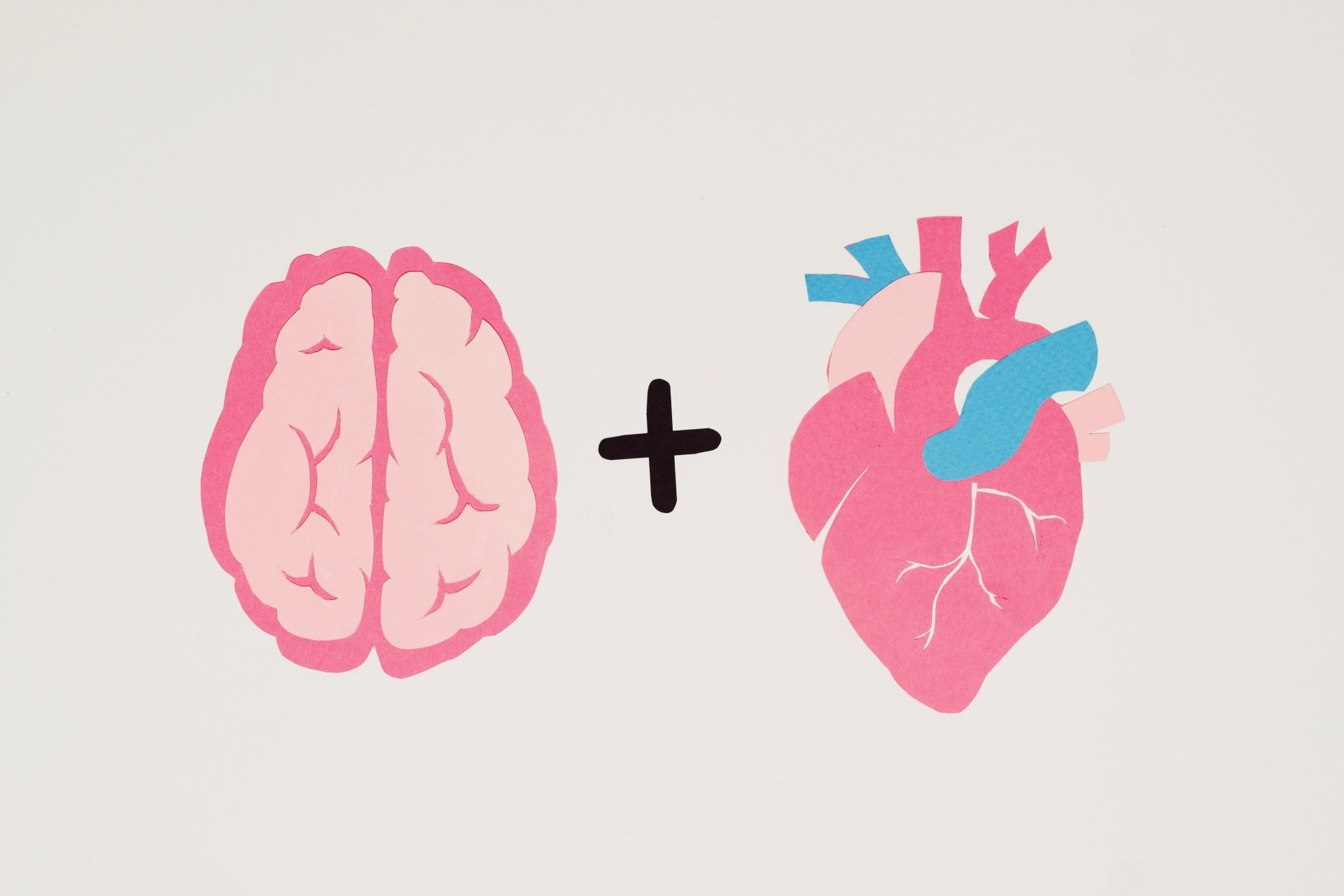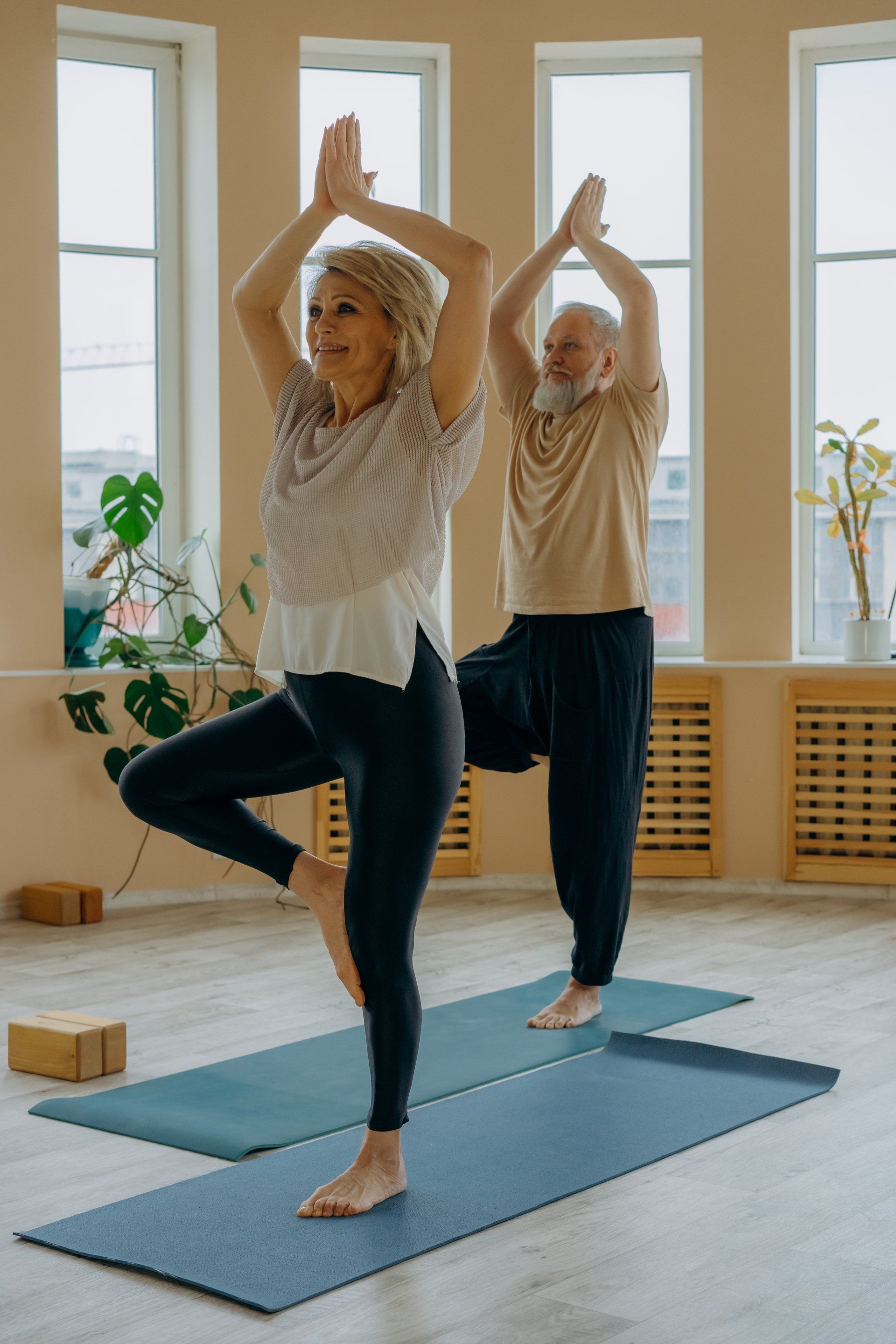When the Going Gets Tough...Don't Stop!
Maintain a consistent yoga practice, especially during challenging times and health struggles - here's why.

There have been periods of my life when it has been difficult and felt almost impossible to keep my yoga practice going. But what I have learned through my years of practice, is that regardless what my practice looked like or what it consisted of, or how little I did, it helped keep me going through pain, physical and emotional, overwhelm, stress and fear. Maintaining a consistent yoga practice, especially during challenging times or while experiencing health issues, can offer numerous physical, mental, and emotional benefits. Here's why it's important not to give up your yoga practice under such circumstances:
1. **Stress Reduction**: Yoga incorporates breathing techniques, meditation, and mindful movement that can significantly reduce stress levels. During tough times, stress often increases, negatively impacting your overall well-being. A regular yoga practice helps lower cortisol levels and promotes a sense of relaxation, improving your ability to cope with stressors effectively.
2. **Physical Well-being**: Yoga involves a variety of poses and stretches that enhance flexibility, strength, and balance. Engaging in these practices can alleviate physical discomfort and even contribute to the management of certain health issues. By maintaining your practice, you can prevent further physical decline and promote healing.
3. **Mental Clarity and Focus**: Yoga encourages mindfulness and mental clarity. When faced with challenges or health issues, it's easy to become overwhelmed by negative thoughts and emotions. Regular yoga sessions can help clear your mind, improve focus, and provide a fresh perspective, enabling you to make better decisions and find solutions.
4. **Emotional Balance**:
Yoga promotes emotional resilience and stability. It can help regulate mood swings, decrease feelings of anxiety or depression, and foster a greater sense of emotional balance. This is especially valuable during tough times when emotions might run high.
5. **Boosted Immune System**: Consistent yoga practice has been linked to a stronger immune system. Given that health issues can weaken immunity, maintaining your yoga routine can potentially contribute to a speedier recovery and reduce the likelihood of further illnesses.
6. **Community and Support**: Many people practice yoga in group settings, creating a sense of community and belonging. When life gets tough or health issues arise, having a supportive community can make a significant difference in your outlook and motivation to keep moving forward.
7. **Resilience Building**: Continuing your yoga practice during challenging times or health setbacks can cultivate resilience. It teaches you to adapt, persevere, and find strength within yourself even when facing adversity. This mindset can spill over into other areas of your life, helping you navigate difficulties more effectively.
8. **Pain Management**: Certain yoga poses and techniques can help manage pain, both chronic and acute. By staying committed to your practice, you can potentially reduce reliance on pain medications and improve your pain tolerance.
9. **Self-Care and Self-Compassion**: Practicing yoga sends a message to yourself that you are worth the time and effort required for self-care. When you're going through tough times or health challenges, it's crucial to prioritize your well-being and treat yourself with kindness.
10. **Long-Term Well-being**: Consistency is key when it comes to reaping the full benefits of yoga. By persevering through difficulties and health issues, you're investing in your long-term physical and mental well-being. The positive effects of a regular yoga practice compound over time and contribute to an improved quality of life.
Ultimately, yoga is a holistic practice that addresses both the physical and mental aspects of well-being. By maintaining your practice during tough times or health struggles, you're equipping yourself with valuable tools to navigate challenges, promote healing, and foster personal growth. Always consult with a healthcare professional before making any significant changes to your exercise routine, especially if you're dealing with health issues.
Thank you for reading. In my next blog post I'll address how we can keep a consistent practice going, when the going gets tough.
If you have questions or comments regarding this blog post, I would love to hear from you – email me at traceydrakeyoga@gmail.com
Click Here to find out how to practice yoga with Tracey.
Click Here to know more about Tracey.
Have you read my other blog posts – click here for more.
Copyright, Tracey Drake, 2022 © www.traceydrakeyoga.ca








